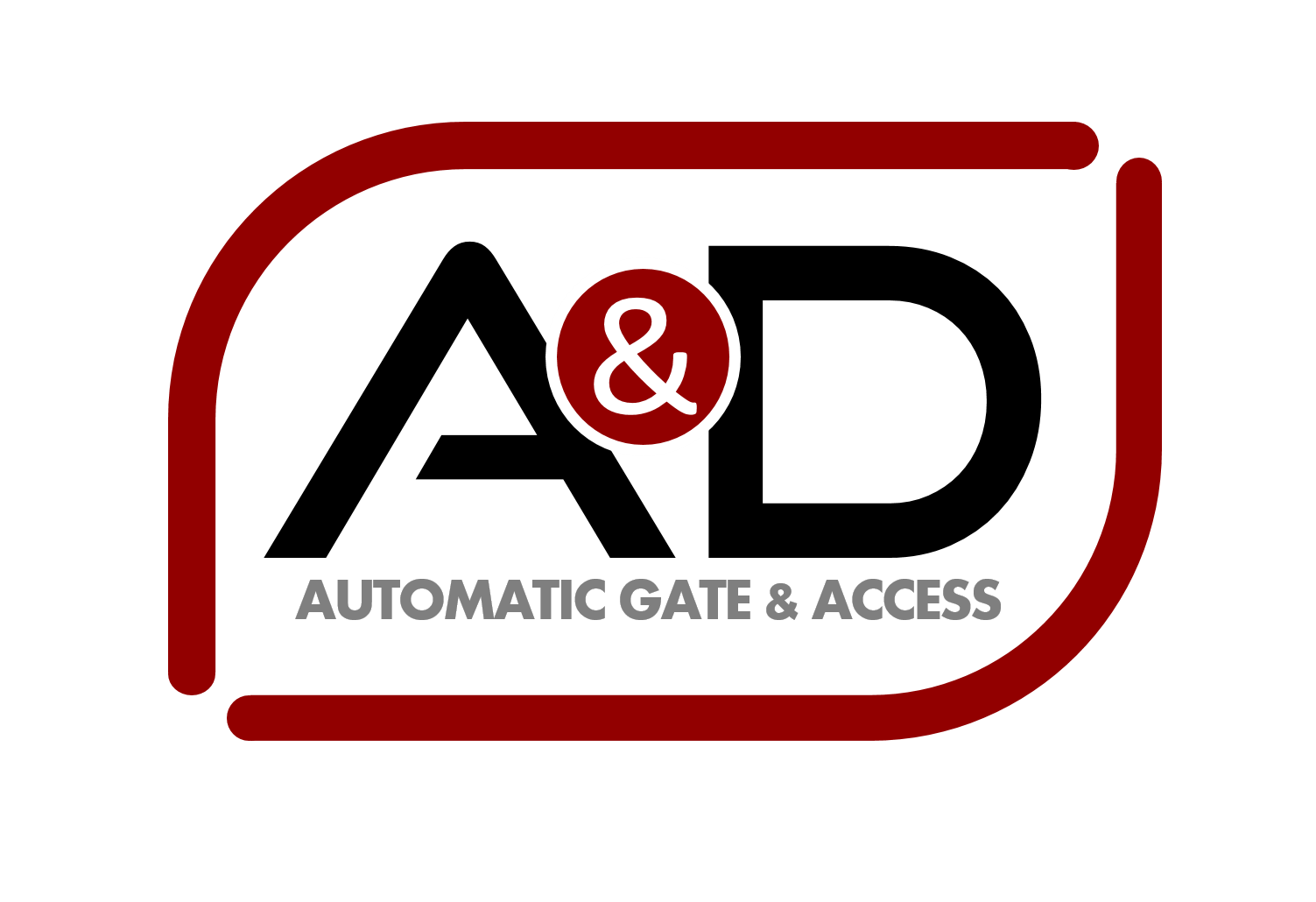Apples and Oranges: Why Expensive is Good In Today's Construction Market
People look for a good value in many aspects of their life. Why pay more for the same thing? The follow-up question must be then, “Is this really the same thing”. We have found out through purchases on trusted websites like Amazon that sometimes the thing you are getting is not the thing you thought you were getting. Sure the packaging looked similar but the contents were knocked off and replaced with a dose of disappointment.
This doesn’t have to be the same with construction projects. There are trusted providers who consistently meet or exceed expectations and there are those who dress the story, sell it for less and leave disappointment where there was supposed to be success. Why does this happen? Often times it is simply the focus on cost and a lack of good qualification as to what will happen, qualities of the materials and experience of the team. Most importantly, the question rarely comes up with validation of what happens if for some reason, something were to go wrong.
Good contractors are often called when the wrong contractor delivered disappointment leaving the contractor in the tough position to inform the client that many times the project requires either total or significant replacement potentially costing even more than the original cost of having chosen the more expensive provider as the project now requires removal costs.
How do you quantify the quality of your contractor and ensure you end up with a satisfying project.? Here are a series of key considerations to make sure you have done what you need to get what you expect.
Validate how long they have been around.
If they have a long history under the original ownership team, most likely they have delivered experiences that have been proven over the test of time and earned referrals, good reviews and dedicated long term clients.
What is their warranty?
Is the warranty realistic? Most contractors will offer a year warranty. Why is this realistic? Chances are that if something was to fail because of installation that it would be noticeable in the first year. A good contractor will get someone on the issue quickly.
What type of projects have they worked on over the last few years?
Are they projects that are well vetted by independent parties that have sophisticated processes for validating their suppliers. Often times when contractors are vetted by top buyers (not always the lowest cost types), you know they have determined the company has the right team, experience and resources to insure a successful outcome.
Do they offer continuous in-house and factory based training?
What is the percentage of the companies installers that take this training? How often is the team provided this training? When was the last one?
What internal resources does the company have to deliver the project successfully? Does the company work with and refer outside providers who can help the customer reduce costs and get better results on non-core processes?
Is the company honest on their “sweet spot” of work?
Are they willing to say “no” to your project if it doesn’t fit into the line of business they offer which will meet the capabilities and skills of their team instead of overextending into a project where they are learning on your time and under-delivering on solutions.
Knowing the personality, reputation, experience and capabilities of your contractor are important. If a deal looks to good to be true, it often is. Labor rates, quality material rates, insurance rates, the cost of training, regulatory compliance and other factors are similar for top grade contractors, so realistically top contractors should be in the same zip code of pricing give or take for travel costs or some dissimilar variables but if you find a contractor that is far our of the range and on the lowest end, chances are cuts in material, equipment, labor or experience might affect the job outcome and satisfaction and the reality is that most contractors are not actively seeking rework jobs for poor installs because it is often contentious work where the client starts out unhappy and is rarely happy at completion because of the excessive added costs of hiring two contractors where one should have sufficed.
Good contractors will make good recommendations, use the best equipment, labor and solutions to complete the project and will stand behind the install as if it were their own mom’s house.

